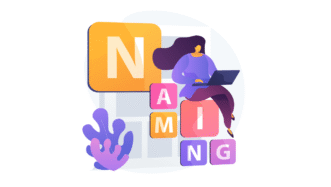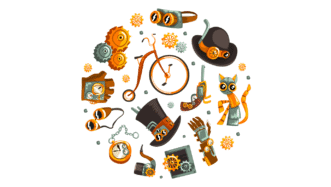LESSON OVERVIEW
The main objectives of this lesson are to:
- discuss Shakespeare’s work, language, and themes;
- analyse and learn Shakespeare’s phrases;
- explores Shakespeare’s influence in modern-day society;
- consider Shakespearian plotlines.
With this lesson plan, students learn Shakespeare’s phrases, discuss the playwright’s most famous plays and analyse quotes. They look at common plotlines and discuss questions about Shakespeare’s modern influence (e.g. in entertainment, in education, etc). They also explore common themes of his work and discuss statements about the playwright.
DISCUSSION
This lesson plan on Shakespeare’s phrases starts with a warm-up in which students discuss some of Shakespeare’s most famous plays (e.g. Romeo and Juliet) and his work in general. After that, they analyse some of his best-known quotes (e.g. “This above all; To thine own self be true”) and look at some of the language in detail. Then, students learn some of Shakespeare’s phrases that are still used today (e.g. in one fell swoop, the be-all and end-all, etc) by matching phrases with their meanings. Following that, they put the learned vocabulary into context by thinking of hypothetical plots and comparing these ideas to real-life books, TV shows, and movies.
VOCABULARY AND VIDEO
In this part of the lesson on Shakespeare’s phrases, students watch a video on Shakespeare’s modern influence. They answer some comprehension questions about the first part of the video, and for the second part, they complete information according to the speaker. Then, students move on to discussing some more questions about Shakespeare’s legacy and his place in modern society. After that, they complete an exercise exploring prevalent themes in Shakespeare’s work and their connection to today’s entertainment. Students finish the lesson on Shakespeare’s phrases by choosing some topical statements to agree or disagree with (e.g. Shakespeare’s legacy might be in danger because the theatre is losing its value).
HOMEWORK/REVISION
This lesson plan also includes an additional task that you can use as homework or revision. In the task, students read and complete dialogues using Shakespeare’s phrases from the lesson plan. Then, they choose three dialogues to continue with their own ideas. The task is available in the teacher’s version of the worksheet. You can print it and hand it out to your students. It’s also included in the e-lesson plan.
Subscribe to unlock these and many other Standalone lesson with the Premium planWORKSHEETS












Amazing lesson!!!!! Thank you
Thank you, Sam! 😀
I was just looking for materials for an advanced class on English literature and here your are. Thanks a lot!
That’s so great! You’re more than welcome 🙂